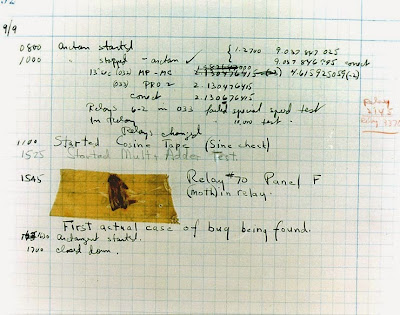I know everyone has the browser they prefer, and it's never the Opera browser. Opera is actually *my* browser of choice; I'm using it to type this right now! I'm a big fan of the configurability of it, the speed dial screen that lets you click right to favorited sites, the button that lets you return to Speed Dial from anywhere, the search bar right on the main screen, the discover screen that summarizes news for the day, thumbnails of bookmarked sites (although no organizing those which is frustrating), almost everything about it is a positive for me.
So I saw this article yesterday talking, somewhat snarkily, about an upcoming version release of the browser, and I'm glad to see it is still moving forward considering it's a very small slice of the browser-market pie. Its greatest strides lately have been as Opera mini; an alternative browser for mobile non-Windows platforms such as iOS and Android where it functions very well.
The above image is my own Opera Speed Dial page (I should probably add that other than the two tiles in the center of the first row, the tiles in the top two rows were default). Clicking a tile takes you right to that site, you can add or remove them as you wish, search right from the page, clicking the little grid next to the URL bar takes you back to this page, there's a lot of usability here. You can even change the background image.
I'll assume most of you use one of the big four; Internet Explorer, Firefox, Chrome, or Safari. Anyone use anything else? Dolphin, maybe? Or am I the only one in alternate browser section of the party? "Hey look, it's that guy who uses Opera! Lets get him!"















